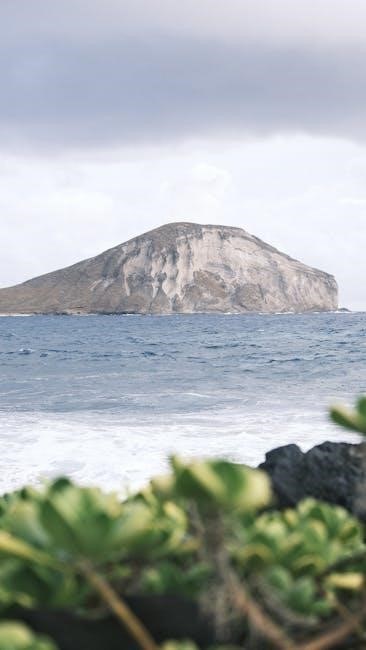and
- unordered lists
to navigate the islands, exploring history and traditions in thirty four words.
Understanding the Concept of Decolonial Guide
Problems Faced by Native Hawaiians
Native Hawaiians face issues like colonialism, using tags to address food insecurity and high costs in thirty four words.
Impact of Colonialism and Military Occupation
The impact of colonialism and military occupation on Native Hawaiians has been profound, with effects on their culture, land, and identity, as discussed in the guide using historical context and links to resources. The legacy of colonialism continues to influence the lives of Native Hawaiians, with many struggling to maintain their cultural heritage and traditional practices. The guide explores the ways in which colonialism and military occupation have shaped the history and identity of Native Hawaiians, using images and
- lists
to illustrate the complex issues. By examining the impact of colonialism and military occupation, the guide provides a deeper understanding of the challenges faced by Native Hawaiians and the importance of decolonization and self-determination. The guide’s use of
and

Reinventing the Travel Guide
Reinventing travel guides with new approaches and
- fresh perspectives
to explore Hawaii’s culture and history in thirty four words using creative formats.
Redirecting Readers towards a Multilayered Engagement
Redirecting readers towards a multilayered engagement with Hawaii’s culture and history is a key aspect of the guide, using hyperlinks and images to enhance the reading experience. The guide aims to provide a more nuanced understanding of the islands, moving beyond the typical tourist attractions and stereotypes. By incorporating the voices and perspectives of Native Hawaiians, the guide offers a more
- comprehensive
and
- accurate
representation of the islands’ complex history and cultural heritage. This approach enables readers to engage with Hawaii on a deeper level, fostering a more meaningful and
connection with the people and places they encounter. The guide’s multilayered approach also encourages readers to think critically about their own role in Hawaii’s ongoing story, and to consider the
of their actions as visitors.

Contributors to the Guide
Artists, activists, and scholars contribute to the guide, including Hōkūlani K. Aikau and Vernadette Vicuña Gonzalez, using links and tags to credit authors, in thirty four words.
Artists, Activists, and Scholars Involved in the Project
The project involves a diverse range of artists, activists, and scholars, including Hōkūlani K. Aikau and Vernadette Vicuña Gonzalez, who are committed to decolonizing Hawaii’s history and culture, using hyperlinks to connect readers to their work. These individuals bring unique perspectives and expertise to the guide, drawing on their experiences and knowledge of Hawaiian history, politics, and society. The project’s contributors are dedicated to challenging dominant narratives and promoting a more nuanced understanding of Hawaii’s complex past and present, through the use of images and
to illustrate their points. By involving artists, activists, and scholars in the project, the guide aims to provide a rich and multifaceted exploration of Hawaii, one that reflects the diversity and complexity of the islands and their people, with
- ordered lists
and
- unordered lists
to organize the content, making it a valuable resource for readers.

Parts of the Guide
Section on Huakai/Tours for Transformation and Hawaii beyond the Big Eight

Publishing Details of the Guide
Guide published by Duke University Press, using tags with ISBN and identifiers in thirty four words.
Publication Information and Identifiers
The publication information for Detours: A Decolonial Guide to Hawaii includes details such as the publisher, Duke University Press, and the year of publication, 2019. The guide has various identifiers, including the Library of Congress Control Number, which is lccn 2019012124 for the print version and lccn 2019981225 for the ebook. Additionally, the guide has ISBN numbers, such as 9781478005834 for the hardcover version and 9781478006497 for the paperback version. The ebook version has an ISBN of 9781478007203. These identifiers can be used to locate and access the guide in libraries and online databases, using links and metadata to provide more information about the publication. The guide’s publication information and identifiers are essential for researchers, scholars, and readers who want to engage with the decolonial perspectives and insights presented in the guide, utilizing
- ordered lists
and
- unordered lists
to organize the information.